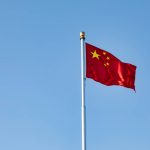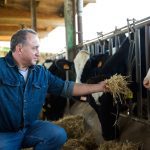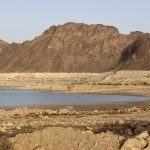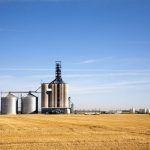
Comment

Comment: Bugs for cows
Feeding insects to cattle could make meat and milk production more sustainable

Comment: Will New Zealand farmers long for the ‘fart tax?’
A New Zealand proposal to reduce agriculture emissions involves a lot of trust – and a lot of uncertainty

Comment: Dear Ottawa, help!
Food prices are climbing at a record pace in Canada and around the world

Comment: WTO steps back from the brink
But repairing long-standing problems still requires solid efforts

Comment: The world’s inefficient food web
The world’s affluent must start eating local food to tackle the climate crisis, new research shows

Opinion: Water reckoning coming to southwestern U.S.
A megadrought and runaway water use is a recipe for disaster

Comment: Fertilizer crisis shows need for new way
Fertilizer prices are soaring – and that’s an opportunity to promote more sustainable ways of growing crops

Comment: Canadian dairy hypocrisy revealed
Why New Zealand is right to call out Canada on its dairy industry

Comment: Ocean current collapse spells far-flung climate trouble
The end result could be a near-permanent La Niña-like condition around the world

Comment: Health Canada sees some saturated fats as more equal than others
This incoherent decision seems to be driven by ideology and special interests not facts


